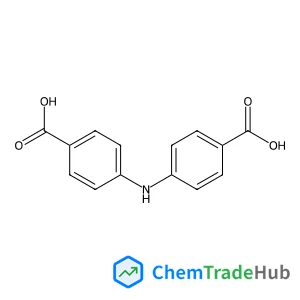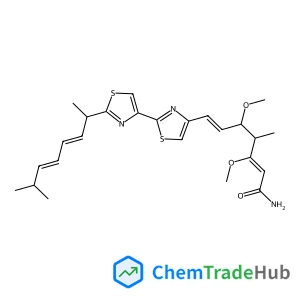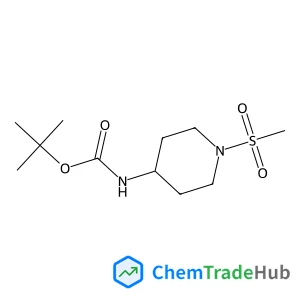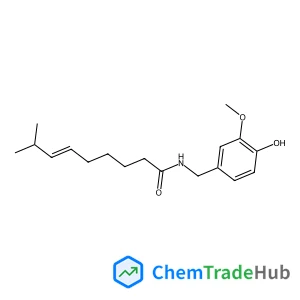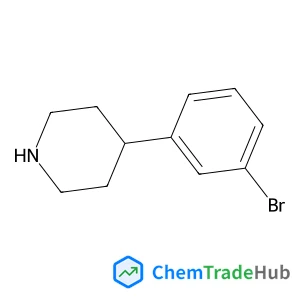How the electron-deficient Cp ligand facilitates Rh-catalyzed annulations with alkynes
文献情報
Han Gao, Lingfei Hu, Yanlei Hu, Xiangying Lv, Yan-Bo Wu, Gang Lu
The mechanism and origin of the CpX ligand effects on Rh-catalyzed annulations with alkynes were investigated using DFT calculations and the approach of energy decomposition analysis (EDA). The results reveal that the alkyne migratory insertion is the rate-determining step for the reactions with both acetanilide and 2-phenyl-2-propanol substrates. The higher reactivities with CpE than with Cp* are due to the promotion of alkyne insertion. EDA results reveal that the dominant factors for the acceleration effect of CpE are different depending on the electronic properties of rhodacycle intermediates. The alkyne insertion with the cationic rhodacycle is promoted by CpE due to the stronger stabilizing electronic interactions, including charge transfer, electrostatics, and polarization, between the cationic rhodacycle and alkyne. For the neutral rhodacycle, the higher reactivity for alkyne insertion with CpE is because of having smaller destabilizing Pauli repulsion between the occupied Rh d orbitals and the alkyne π orbital. The origins of differences in these stabilizing and destabilizing intermolecular interactions are further identified.
関連文献
IF 6.367
Co9S8 integrated into nitrogen/sulfur dual-doped carbon nanofibers as an efficient oxygen bifunctional electrocatalyst for Zn–air batteriesIF 6.367
Nickel-containing N-doped carbon as effective electrocatalysts for the reduction of CO2 to CO in a continuous-flow electrolyzerIF 6.367
Synthesis and optical and electronic properties of one-dimensional sulfoxonium-based hybrid metal halide (CH3)3SOPbI3IF 6.222
Cu2ZnSnS4 nanocrystals for microwave thermal and microwave dynamic combination tumor therapyIF 6.222
A model-based comparison of Ru and Ni catalysts for the Sabatier reactionIF 6.367
Visible light-driven cross-coupling reactions of alkyl halides with phenylacetylene derivatives for C(sp3)–C(sp) bond formation catalyzed by a B12 complexIF 6.222
MnO/C cubo-polyhedrons derived from α-MnO2@ZIF-8 as anode materials for high-performance lithium-ion batteriesIF 6.367
Pulsed laser rusted stainless steel: a robust electrode material applied for energy storage and generation applicationsIF 6.367
Redox responsive Pluronic micelle mediated delivery of functional siRNA: a modular nano-assembly for targeted deliveryIF 6.843
掲載誌
Organic Chemistry Frontiers

Organic Chemistry Frontiers publishes high-quality research from across organic chemistry. Emphases are placed on studies that make significant contributions to the field of organic chemistry by reporting either new or significantly improved protocols or methodologies. Topics include, but are not limited to the following: Organic synthesis Development of synthetic methodologies Catalysis Natural products Functional organic materials Supramolecular and macromolecular chemistry Physical and computational organic chemistry
おすすめサプライヤー
 Variati & Co.S.p.a.
Variati & Co.S.p.a. Inilab, S. L.
Inilab, S. L. LGC株式会社
LGC株式会社 成都同創源医薬科技有限公司
成都同創源医薬科技有限公司 WEVO-CHEMIE GmbH
WEVO-CHEMIE GmbH 江苏万淇生物科技股份有限公司
江苏万淇生物科技股份有限公司 WMTエンジニアリング
WMTエンジニアリング スパンチェm(上海)化学有限公司
スパンチェm(上海)化学有限公司 江陰市百汇香料有限公司(江陰市)
江陰市百汇香料有限公司(江陰市) 襄樊ノール化学有限公司
襄樊ノール化学有限公司










